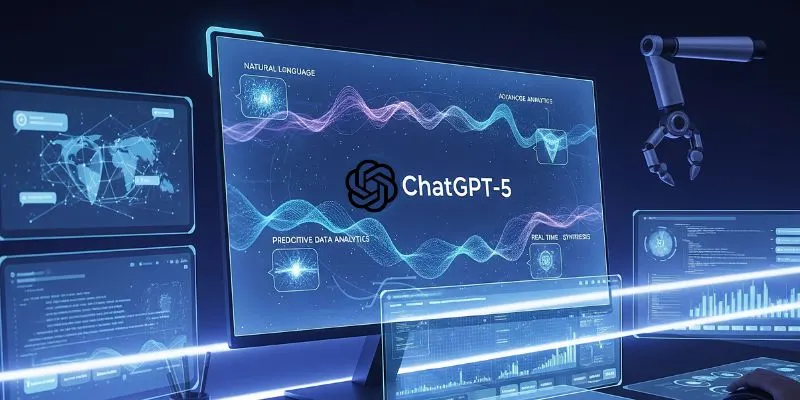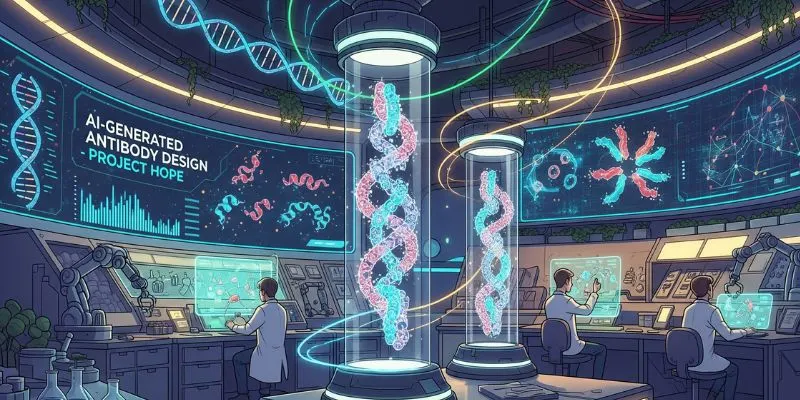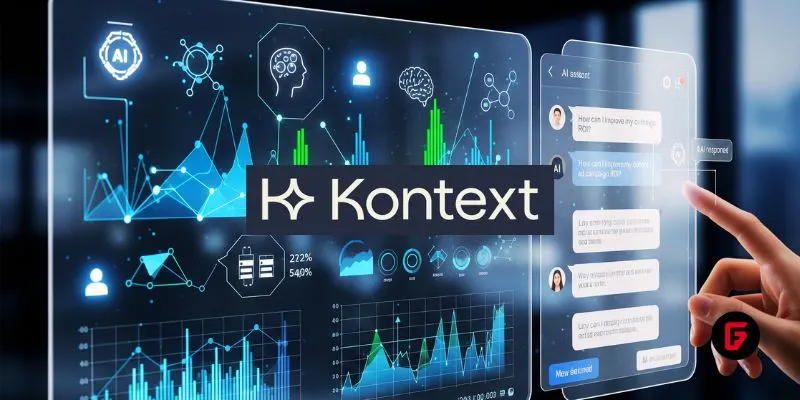By futureTEKnow | Editorial Team
Nvidia’s annual shareholder meeting this week wasn’t just another corporate update—it was a declaration of intent. CEO Jensen Huang made it clear: while Nvidia’s AI infrastructure has fueled a meteoric rise in revenue and market value, robotics is now the company’s next multitrillion-dollar opportunity.
For years, Nvidia was synonymous with high-performance graphics chips. But that identity is now history. Huang told shareholders that Nvidia is no longer a “chip company”—it’s an “AI infrastructure” and “computing platform” provider. The company’s portfolio now spans hardware, AI software, cloud services, and advanced networking, making it the backbone for everything from generative AI to autonomous vehicles.
So, what’s driving Nvidia’s robotics ambitions? It starts with the same AI chips that power ChatGPT and other generative models. Nvidia is leveraging this technology to enable robots—starting with self-driving cars and expanding toward humanoid robotics. The automotive and robotics business unit, though currently just 1% of total revenue, surged 72% year-over-year last quarter, reaching $567 million. That kind of growth is why robotics is now Nvidia’s second-biggest focus after AI.
Nvidia Drive: Already used by automotive giants like Mercedes-Benz, this platform is the foundation for Nvidia’s self-driving ambitions.
Cosmos AI Model: Launched this year, Cosmos is designed specifically for humanoid robotics, underscoring Nvidia’s commitment to integrated hardware and AI solutions.
Cloud-to-Robot Computing: Nvidia is building infrastructure to train and deploy robotics software both in the cloud and on physical machines, ensuring scalability for billions of robots and millions of autonomous vehicles.
Nvidia’s pivot isn’t a gamble—it’s a calculated expansion. The company is positioning itself as the essential infrastructure provider for the coming wave of automation. As enterprises race to adopt AI and robotics, Nvidia’s end-to-end solutions are set to power everything from industrial robots to next-gen vehicles.
Huang’s vision is clear: “The age of AI is here… Nvidia is ready.” With robotics now firmly in its sights, Nvidia is building the digital rails for a future where intelligent machines aren’t just a novelty—they’re everywhere.

Traditional Medicare will pilot AI-assisted prior authorization in 2026 across six states, focusing on high-risk outpatient services. Clinicians retain final say, but incentives and access concerns loom as CMS tests fraud reduction and “gold card” exemptions. Here’s what providers and patients should know.

OpenArt’s new “one-click story” compresses scripting, visuals, and edits into ready-to-post short videos—fueling viral growth and a fresh IP debate. We break down how it works, adoption signals, what’s next (multi-character, mobile), and practical guardrails creators and brands should follow to stay original and compliant.

OpenAI’s o3 swept the Kaggle AI chess tournament, defeating xAI’s Grok 4–0. The victory fueled the intense rivalry between Altman and Musk, reshaping AI benchmarks.

Pinterest’s CEO confirms that fully agentic AI shopping is years away, as the platform invests in AI-powered tools to enhance discovery, inspiration, and personalized shopping experiences for millions.

Shopify’s new AI shopping tools are transforming e-commerce, letting agents and chatbots deliver smooth, personalized shopping and checkout experiences across platforms. Learn how these innovations reshape online retail.

Meta has acquired WaveForms AI, a startup pioneering emotion-detecting voice technology. Learn what this means for Meta’s AI voice ambitions and the future of AI audio.

Tracelight is revolutionizing financial modelling for finance professionals with AI-powered Excel tools that automate complex tasks, reduce errors, and unlock new analysis capabilities. Learn how this next-gen solution changes the future of spreadsheets.

Microsoft rolls out GPT-5 across its Copilot suite, integrating smarter AI for enterprise and personal users. Discover new features, free access, and what sets this launch apart.

OpenAI’s GPT-5 is now live for all ChatGPT users. It brings faster, smarter AI with improved reasoning, expanded context, and safer outputs—marking a major leap in generative technology.

Chai Discovery’s $70M funding ushers in a new era for AI-powered antibody design, promising faster, more successful drug discoveries with its breakthrough Chai-2 model.

Discover how Google’s Gemini generative AI is revolutionizing Android—making your phone smarter, faster, and truly personal with next-gen features and privacy-first innovation.

Kontext lands $10M seed round to fuel its generative AI advertising platform, enabling brands to deliver personalized, context-rich real-time ads in AI applications and chatbots.
To provide the best experiences, we use technologies like cookies to store and/or access device information. Consenting to these technologies will allow us to process data such as browsing behavior or unique IDs on this site. Thanks for visiting futureTEKnow.